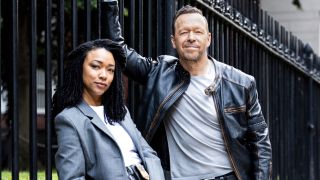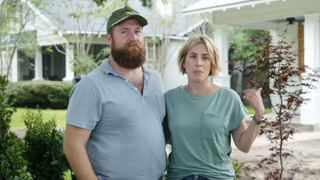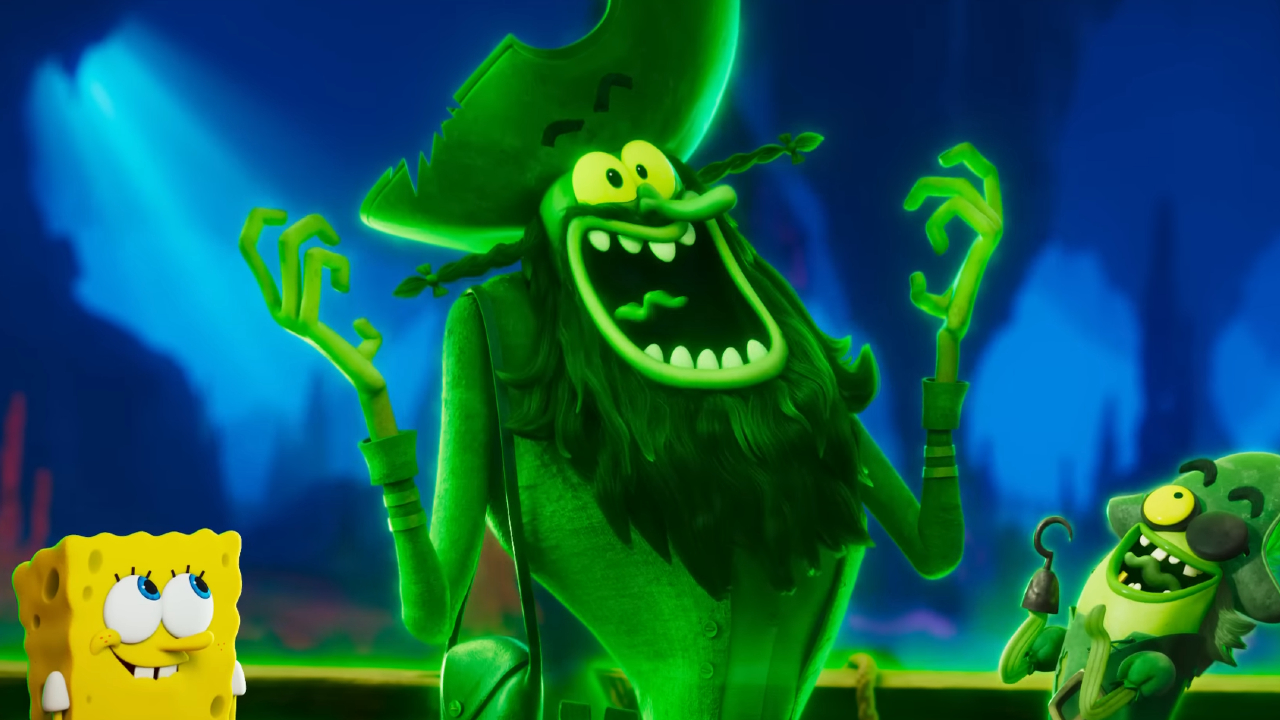Interviews
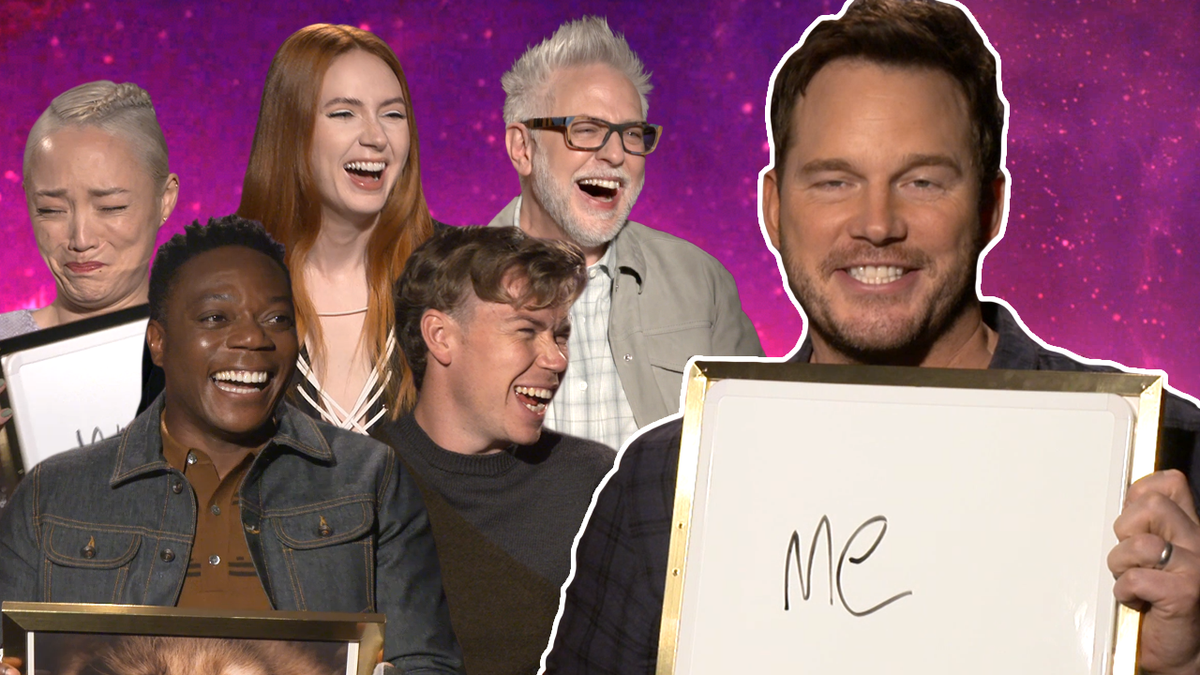
CinemaBlend frequently sits down with the talent who are responsible for the movies, television shows, streaming features, and pop-culture moments that you want to be reading more about. From Tom Hanks to the cast of Avatar, from the latest contestant on The Masked Singer to the cast of Yellowstone, CinemaBlend ample time for exclusive conversations with Hollywood's biggest stars.
And CinemaBlend prides itself on asking talent the questions that they aren't hearing from every other outlet, leading to passionate answers that are meant to educate and entertain you, our readers. If they are important in Hollywood, they are speaking with CinemaBlend.
Latest about Interviews
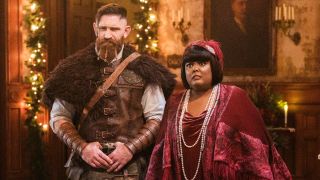
Ghosts’ Devan Chandler Long Told Me ‘The Others’ Are ‘Connected To Someone In The House,’ And I Have Guesses
By Riley Utley published
Who could "The Others" be?

How Did The Flying Dutchman End Up In SpongeBob Anyway? The Voice Actors Shared Details (And Memories) As Mark Hamill Takes Him On
By Sarah El-Mahmoud published
Exclusives The Flying Dutchman's big-screen debut is here.
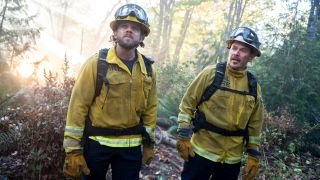
We Broke Down Why We Should ‘Be Worried’ After Fire Country’s Major Save, Truck Flip And More With The Showrunner
By Megan Behnke published
Exclusives The wait will be excruciating.
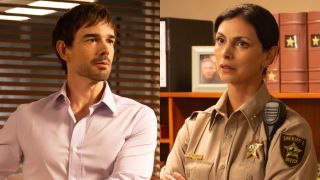
Sheriff Country’s Showrunner Told Me Mickey ‘Will Come To A Decision’ About Travis After The Violent Mid-Season Finale, And I Have A Theory
By Riley Utley published
Exclusives Where's this going?
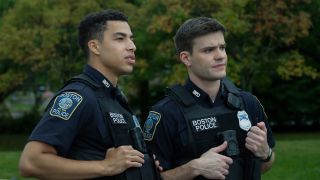
Boston Blue Bosses Hype Characters Putting 'Faith In The System' In The Fall Finale, But Revenge May Be The 'Answer' Anyway
By Laura Hurley published
Exclusives Jonah may be in over his head on Boston Blue.
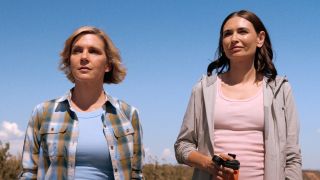
Pluribus' Rhea Seehorn Gave Me Her Take On Carol And Zosia's Surprising Turns In Episode 8, And Now I Feel Guilty
By Nick Venable published
Exclusives Who else thought Carol was playing Zosia and the Others?

The Housemaid's Intimacy Coordinator Had A Great Take On Why Filming 'Sex' Is Like 'Stunt Scenes'
By Corey Chichizola published
Exclusives The Housemaid has plenty of steamy scenes for Sydney Sweeney.
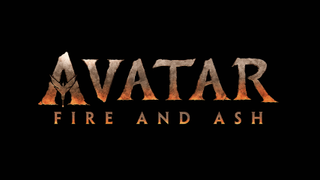
Avatar: Fire And Ash Has A Big Death Scene, But One Actor Isn’t Sure It’s Final
By Sarah El-Mahmoud published
Exclusives Is it really the end for this character?
Your Daily Blend of Entertainment News
